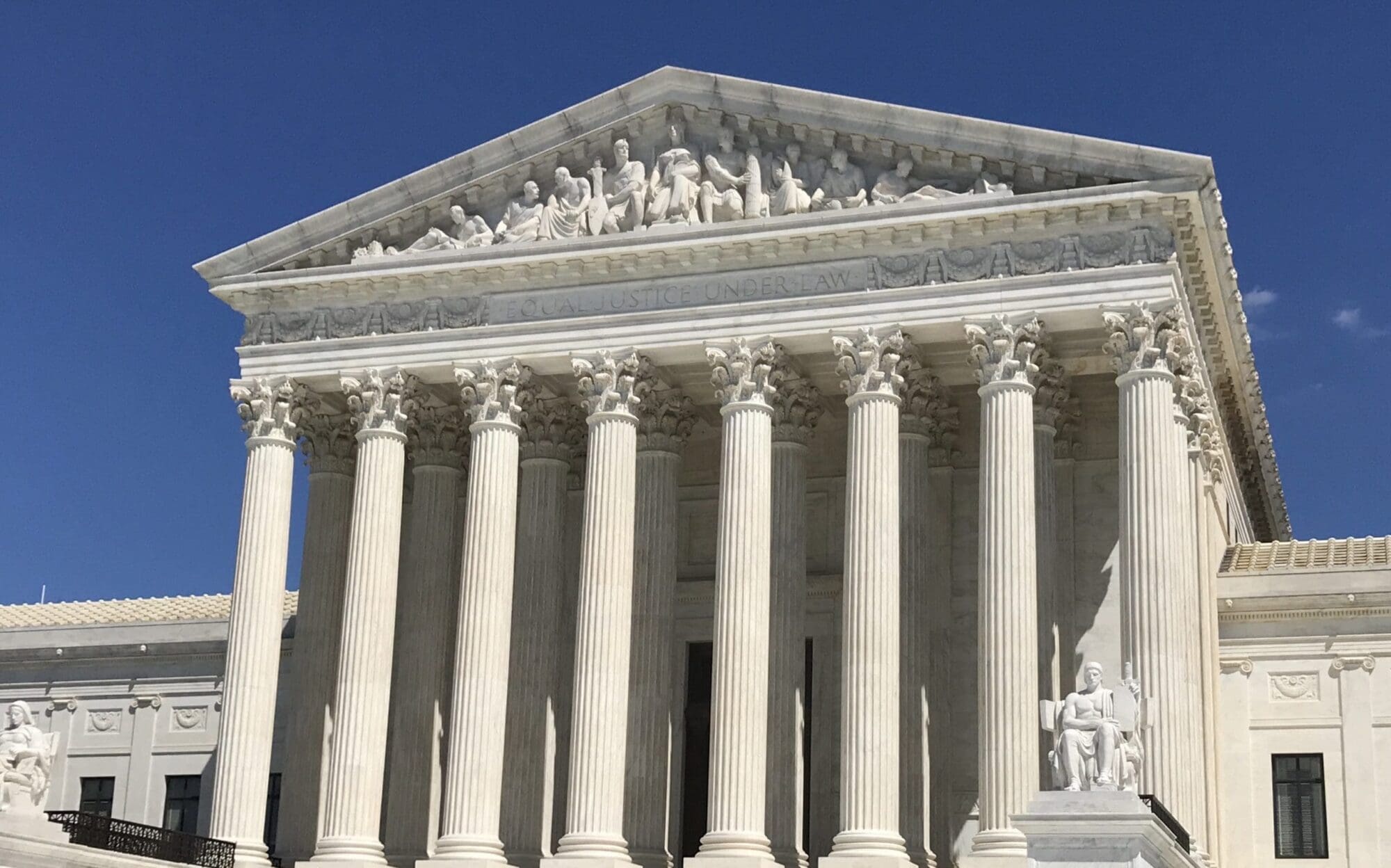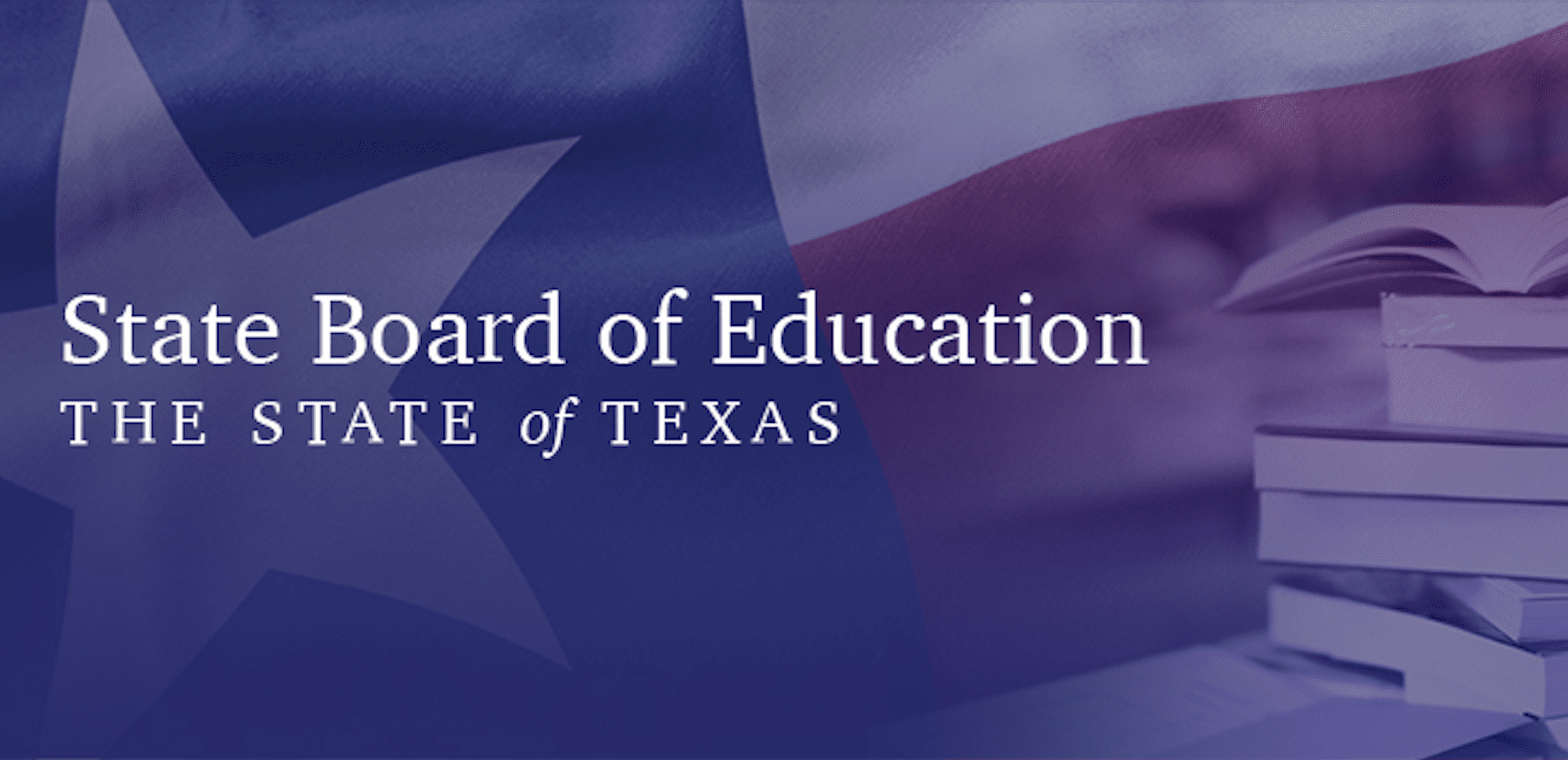Frisco Independent School District trustees adopted a new policy this week that requires students to use restrooms and other personal facilities designated for their own sex.
But the policy also lets administrators in the Dallas suburb school district accommodate the preferences of gender-confused students—a practice that parents just learned has been going on for years without their knowledge.
A district newsletter emailed to Frisco families on Thursday included a statement from school administrators that the new policy “does not require Frisco ISD to change its current practices, and at this time there are no plans to update those practices,” adding that students who claim to be “transgender” may continue to receive an accommodation.
Parents are now questioning how the new policy will be implemented.
New Policy, Same “LGBTQIA+” Practices
The unanimous vote at Monday night’s school board meeting established a policy where none previously existed.
It also appeared to formalize the district’s recently revealed “LGBTQIA+ restroom practices,” makeshift guidelines that allow boys who “identify” as female to use girls’ restrooms and vice versa, or to use a single-user bathroom.
School officials say federal law requires the district to accommodate students’ requests for “equal access to bathrooms.”
However, parents like Allison Darrell, who spoke at Monday’s meeting, want the district’s policy to specify that “transgender” students be accommodated with single-user restrooms, not access to opposite-sex facilities.
“In our September board meeting, [Superintendent] Dr. Waldrip admitted that he had permitted transgender boys in girls’ restrooms and vice versa for seven years without the knowledge or consent of the board and parents,” Darrell said. “That is a profound breach of this community’s trust.”
Prior to voting on the new policy, trustee Marvin Lowe asked if the board and superintendent interpreted its language to limit the accommodations to single-user bathrooms. Waldrip said the question had been addressed during the September meeting. Board President Rene Archambault referred Lowe’s question to the district’s outside counsel.
“We brought this policy to the board to solve this problem once and for all, or to have the board vote on a policy having biological boys using biological boys’ restrooms and vice versa. You’re saying that this particular policy does not accomplish that, correct?” Lowe asked.
Attorney Lucas Henry with Abernathy, Roeder, Boyd & Hullett said his interpretation was that the policy could be implemented by allowing students to use either a single-user facility or a restroom designated for the opposite sex.
“I guess we’ll vote on this, and then if we have to take another bite at the apple to make sure that biological boys use boys’ bathrooms and girls use girls’ bathrooms, we’ll do so,” Lowe said.
Parents Push District to Acknowledge Practices
Frisco families learned in September that administrators have been quietly accommodating gender-confused students for years without parents’ knowledge, following practices not included in any district policies or handbooks.
Earlier this year, a Frisco mom reported to the district an incident that her child experienced with an opposite-sex student in a school restroom. She said her concerns were minimized or ignored by the majority of the board, and administrators suggested that students who were uncomfortable sharing restrooms with members of the opposite sex should ask to use single-user facilities.
When other parents began asking if Frisco ISD was allowing boys into girls’ bathrooms and girls into boys’ bathrooms, they were informed by administrators that the district did not have a formal policy on LGBTQ issues. Instead, campus staff handled “transgender” students’ requests on a case-by-case basis.
Parents brought the issue to the public’s attention with help from Lowe and Stephanie Elad, conservative trustees who were elected to the board in May’s parent-movement wave election that rocked local education establishments across North Texas.
In Frisco ISD, it takes two trustees to place an item on a meeting agenda for public discussion. With Elad and Lowe on the board, concerned parents were able to get the issue on the agenda for the September board meeting, where the district’s practices were publicly acknowledged and openly discussed by the board for the first time.
Questioning from Lowe revealed that district administrators had been following unwritten practices for accommodating students who identify as “transgender” since 2015, yet neither parents nor board members knew it was happening.
“Don’t you think most parents would want to know?” Lowe asked.
Following the September meeting, Frisco ISD added a page to its website for “trending topics” that included the newly revealed LGBTQIA+ restroom practices.
Once the practices were made public, parents called for a formal policy to provide transparency.
“When you place girls and boys in the same facilities, especially locker rooms, you’re stripping them of their right to privacy, dignity, modesty, and—most importantly—safety,” Frisco mom Leigh Montgomery told the board Monday.
If there is nothing to hide, nothing wrong with the way that you’ve handled this situation, then why was it hidden from parents for five years? You guys have pledged to be transparent, and you haven’t done that.
New Policy
Frisco parent Stephanie Broncano told the board Monday that the district needs to have a “consistent, solid plan in place” to protect all students.
“The majority of students should not be faced with this situation of who’s going to be in the bathroom with them,” she said. “It should be: boys should be in the boys’ bathroom and girls should be in the girls’ [bathroom]. There should be no exceptions. This is common sense, and this is for the safety of all students.”
The new policy, proposed by Elad and Lowe and approved by the entire board, is based on language adopted earlier this year by Grapevine-Colleyville ISD:
To the extent permitted by law, each multiple-occupancy bathroom or changing facility owned or operated by the District shall be designated for and used only by persons based on the person’s biological sex. This policy does not prohibit the District from providing reasonable accommodations upon request.
The policy applies to any restroom, locker room, changing room, shower room, or other location where a person may reasonably be in a state of undress.
At Monday’s meeting, several speakers—a mix of parents, students, teachers, and trans activists—told the board they opposed the new policy because it was not “inclusive.” Some said a high percentage of children suffering from gender dysphoria also tend to be suicidal and suggested that using a “special bathroom” would negatively impact their mental health.
Another speaker, Tom Plunkett, said the policy only affected about 50 students out of 67,000 across the district’s 75 campuses. According to the district’s own information, the majority of affected students choose to use a nurse’s office or staff bathroom.
The mom who reported the incident involving her child said that for the safety of all students, the district’s bathroom policy should be based on biological sex, not gender identity.
“For a district that declares they care about the whole child, I am seeing very little caring about the vast majority of the student population regarding this issue,” she said.
LGBTQIA+ Restroom Practices
According to Frisco ISD’s LGBTQIA+ Restroom Practices webpage, the “facts” are that federal laws about sex discrimination and “gender identity” require the district to allow students “equal access to bathrooms.”
The law cited is a recent interpretation of Title IX that has been challenged in court and is not in effect.
Newly elected State Board of Education member Evelyn Brooks, who spoke at Monday’s meeting, said Title IX was originally intended to protect girls’ civil rights and is “now being violated.”
“The interest and the safety of our children must come first,” she said. “We are simply putting safety first, as well as our girls’ safety first.”
Legal advice provided to districts by the Texas Association of School Boards (which Frisco ISD trustee Debbie Gillespie currently heads) notes that while students have “a right to be free from discrimination or harassment based on gender identity,” other students can also “claim a right to privacy or raise a safety concern about sharing a sex-specific facility with a transgender student.”
“I don’t know why we’re even having to address this,” a Frisco mom told the board Monday. She said her daughter should be able to go to the bathroom without fear and anxiety. “Allowing males in female restrooms is catering to the feelings of a few while risking the safety and innocence of the masses.”
The district’s webpage indirectly notes that federal funds are what motivate adherence to the federal regulations, stating, “Following the law saves taxpayers money.”
The LGBTQIA+ practices webpage also says it’s a “misconception” that “all parents should be notified when a student is transgender and what bathroom they have chosen.”
Actuality: The District cannot disclose the sexuality or gender of a student and the bathroom they have chosen to the campus community. This violates the Family Educational Rights and Privacy Act.
However, what parents actually want to know is whether any boy is using the girls’ facilities at their daughters’ schools, or vice versa, not specific students’ identities.
The website also claims all Frisco ISD schools “have procedures in place to deter behavior in restrooms that would require disciplinary action.”
Despite those procedures, a special-needs boy was attacked by fellow students in a campus bathroom in mid-September, resulting in two boys being arrested for assault. Authorities only learned of the assault a day after it happened, when video of the incident went viral on social media.
Parents with questions about the district’s new policy and existing practices can contact Frisco ISD’s board members and superintendent.





